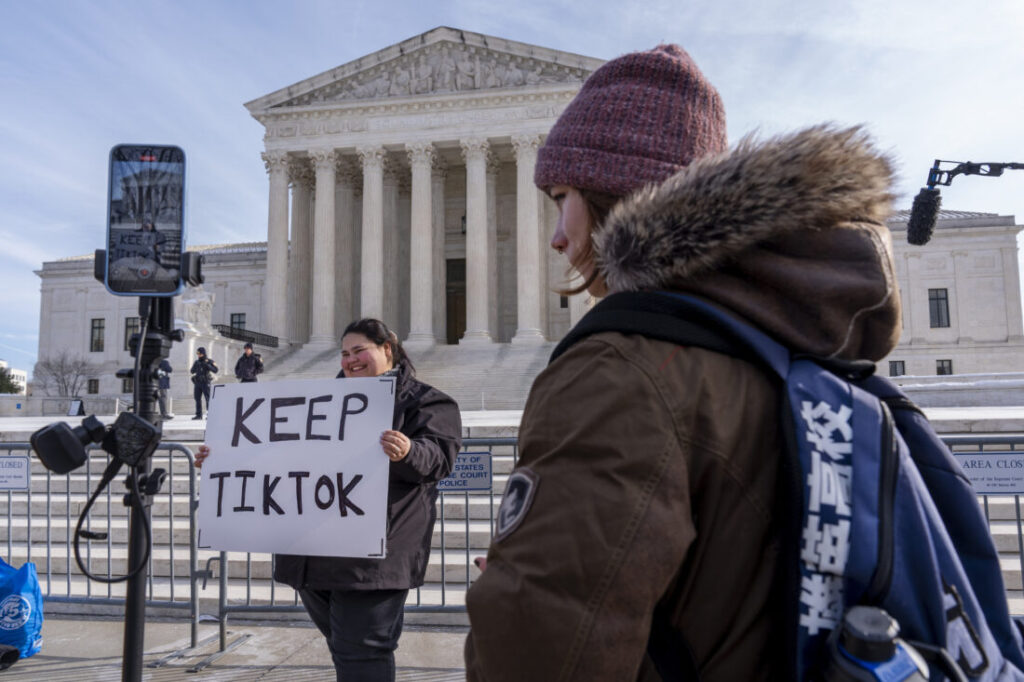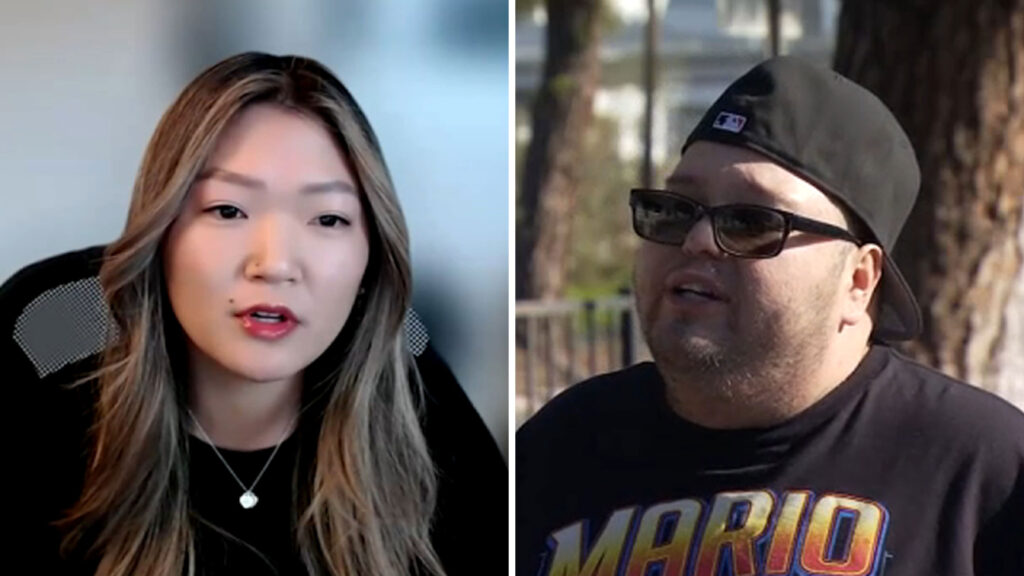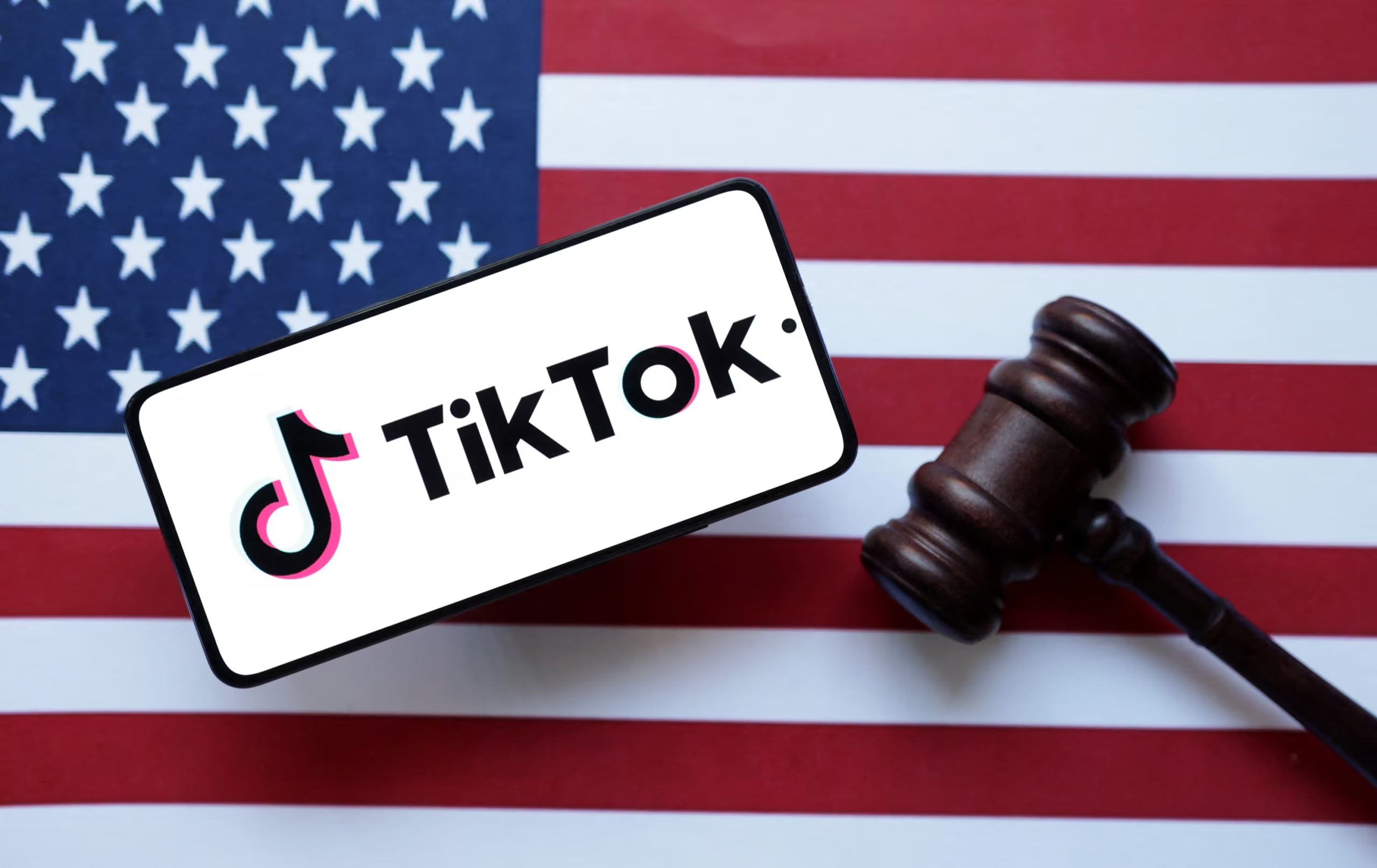TikTok Influencers and Copyright Law: Texas District Court Ruling Explained
Introduction
In a pivotal 2025 case, a Texas federal district court has issued a landmark ruling that could reshape how TikTok influencers use content — from trending sounds to product clips — in their videos.
This ruling stems from a copyright infringement lawsuit involving three TikTok creators who were accused of repurposing copyrighted media in affiliate and sponsored content without permission. The court’s decision now sets a precedent for what influencers can and cannot legally use on platforms like TikTok, YouTube Shorts, and Instagram Reels.
In this article, we’ll explain:
- What the Texas district court ruled
- Who was involved in the lawsuit
- What this means for influencers using copyrighted media
- The FTC and DMCA implications
- How to stay legally safe as a creator
🔍 Background of the Case
Case Name: Warner Rights Group v. TikTok Creators (Jane Doe et al.)
Filed: February 2025 | Northern District of Texas – Dallas Division
Ruling Date: June 3, 2025
Case Type: Copyright Infringement (Civil)
The Allegation:
Warner Rights Group, a media licensing company, sued three TikTok influencers for:
- Using licensed music and product video snippets without permission
- Monetizing the content via affiliate links and paid brand partnerships
- Claiming “fair use” despite using over 70% of the original materials
🧑⚖️ Who Were the Influencers?
Although real names are redacted in court filings, the defendants include:
- A fashion influencer with 2.1M TikTok followers
- A product reviewer affiliated with Amazon Live
- A meme creator known for remixing viral ad clips into humorous shorts
Each creator had posted videos that incorporated:
- Licensed music without sync rights
- Clips from promotional campaigns and branded product ads
- Voiceovers mimicking original content without transformation
⚖️ What Did the Texas Court Rule?
✅ 1. “Fair Use” Requires Real Transformation
The court clarified that merely adding text overlays, music changes, or voiceovers does not qualify as “transformative” under fair use protections.
“Simply remixing content without changing its core message, format, or value is not transformative. It is reproduction.”
— Judge Evelyn M. Rogers, U.S. District Court
✅ 2. Monetization = Commercial Use = Higher Scrutiny
Since all defendants monetized their content, the court held them to a stricter copyright standard, as commercial use lessens fair use protections.
✅ 3. TikTok Sounds Are Not Automatically Legal to Use
Even if TikTok offers a trending sound or video template, it doesn’t mean the influencer is protected if the clip contains copyrighted third-party media. TikTok licenses content for non-commercial user posts, but not for sponsored or affiliate campaigns.

🧾 DMCA and FTC Implications
⚠️ DMCA Violation Risk
Using copyrighted clips in monetized content without a license is a direct violation of the Digital Millennium Copyright Act (DMCA). Repeat violations may lead to:
- Content takedowns
- Account bans
- Lawsuits like this one
⚠️ FTC Violation
Failing to disclose paid partnerships and using unauthorized media is a double violation:
- One for copyright law
- One for deceptive advertising
The court also cited FTC guidelines in its analysis, making this case a crossover copyright + consumer protection lawsuit.
💸 The Penalty
The influencers were ordered to:
- Pay $148,000 in damages collectively
- Take down all infringing content within 14 days
- Post a correction on their profile acknowledging the violation
- Cease monetizing any content that includes third-party media not explicitly licensed
🔑 Why This Case Matters
This is the first ruling in 2025 that directly addresses how influencers on short-form video platforms can use media assets — especially when money is involved.
Key Takeaways:
- If you’re earning from a video, you must have permission to use everything in it: sounds, visuals, clips, etc.
- TikTok’s built-in library doesn’t always protect you, especially in branded content.
- “Fair use” is not a free pass unless content is genuinely educational, parodic, or critical — and non-commercial.
🧠 How to Stay Safe as an Influencer

✅ Use Royalty-Free Music and Assets
Sites like Epidemic Sound, Artlist, Canva Pro, and Storyblocks offer pre-cleared content for monetized use.
✅ Read Platform Guidelines
TikTok’s commercial content policies do not allow unlicensed use of music or media in sponsored posts.
✅ Always Disclose
Use “#ad,” “#sponsored,” or “paid partnership” tags and include verbal disclosure where necessary.
✅ Create Original Content
The safest route is always to use your own footage, music, and voice. If in doubt—don’t post or seek written permission.
❓ FAQs
Q1: Is it illegal to use TikTok sounds in sponsored posts?
✅ Yes, unless TikTok has licensed the sound for commercial use. Most trending sounds are only approved for personal, non-commercial videos.
Q2: What counts as fair use in influencer content?
Only content that’s clearly transformative, educational, or critical, and not monetized, is likely to qualify. Even then, courts vary.
Q3: Can I get sued for using background music in a product review?
Yes — especially if the music is copyrighted and the review is monetized or tied to affiliate links.
Q4: What’s the difference between “remix” and “transformative use”?
A remix is cosmetic (adding stickers, captions). A transformative use changes the message, context, or function of the original media.
Q5: Does this ruling apply outside Texas?
Technically, no—but it sets a strong persuasive precedent for courts nationwide. Other jurisdictions may now follow this ruling’s logic.
✅ Fact Check
Claim: A Texas federal court ruled that TikTok influencers must have explicit rights to use copyrighted content in monetized videos.
✅ True – Court documents confirm the ruling emphasized transformation, commercial use, and TikTok’s limited licensing scope.
Conclusion
The 2025 Texas District Court ruling serves as a landmark legal decision in the evolving world of influencer content. TikTok creators are now officially on notice: copyright rules apply, even in short videos.
If you’re:
- Using trending sounds
- Reposting brand footage
- Remixing movie clips in a sponsored review
You may be putting your channel, income, and legal standing at risk.
Stay safe. Stay smart. And follow DailyNewsBuz for daily updates on court rulings, influencer law, and the future of digital media regulation.



